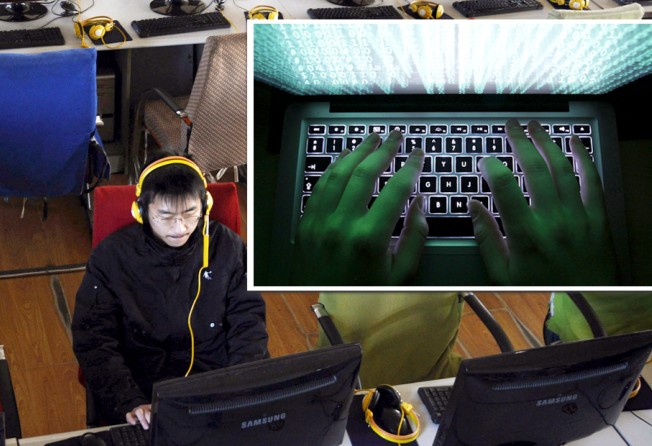China says internet security necessary to counter 'hostile forces'
US Stuxnet computer worm attack on Iran and Snowden revelations are cited as examples of the types of online threats facing the nation

A senior official with China's new top steering committee on internet security said political security was fundamental for the country's cybersecurity policy, the People's Daily reported yesterday.
Wang Xiujun, a deputy director of the China National Internet Information Office, said in a interview with the Communist Party's mouthpiece that winning the battle against "ideological penetration" would "decide to a large extent the future of our party and country".
Wang said his department also served as the general office of the new steering group on internet security and promotion of information technologies, headed by President Xi Jinping.
Xi told the panel's first meeting in February that "there is no national security without internet security, and there is no modernisation without wide adoption of information technology", Xinhua has reported.
Wang's remarks have shed light on what the authorities see as the top cybersecurity risks.
"Overseas hostile forces are using the internet as a main channel to penetrate and destroy us, [and are] repeatedly attacking, slandering and spreading rumours in the name of 'internet freedom' in an attempt to undermine our social stability and national security," he told the People's Daily.
He cited the US Stuxnet attack that crippled Iran's nuclear facilities and the National Security Agency's surveillance programmes revealed by the whistle-blower and former NSA contractor Edward Snowden as lessons for China to strengthen the security of computer networks and information systems.
The Stuxnet computer worm that sabotaged Iran's uranium enrichment programme showed key facilities were already "the real targets of cyberattacks".
Snowden's case showed that "a few countries have used their superiority in internet resources and information technology to conduct large-scale internet surveillance and to steal political, economic, military and corporate secrets", Wang said.
In a separate interview published in the paper yesterday, Wu Hequan, a fellow of the Chinese Academy of Engineering, said China's lack of "core technology" posed a potential cybersecurity risk as it still relied heavily on imported silicon chips for electronic devices, and "foreign made" operating systems for computers and mobile phones.
He suggested that China should take the opportunity of the expanded internet address scheme, or IPv6, to establish more root directory servers - a vital part in directing internet traffic - in China.
Wang Yukai, a professor at the Chinese Academy of Governance in Beijing, who is also a member of the Advisory Committee for State Informatisation, told the People's Daily that previous Chinese internet security agencies had only limited success, as they lacked the authority to command other ministries.
Earlier this month, the Beijing Communist Party committee set up the first city-level leading small group on cybersecurity.
Last week, the authority detained Xiang Nanfu for allegedly selling and posting "fabricated information" to Boxun, an overseas website on Chinese political gossip. Guangdong's spy agency said recently it busted a group whose members leaked defence information to a foreign agent.